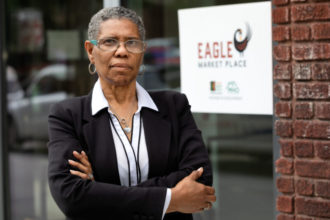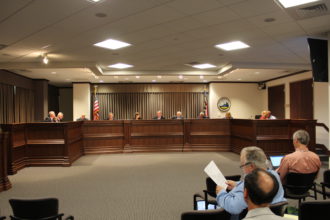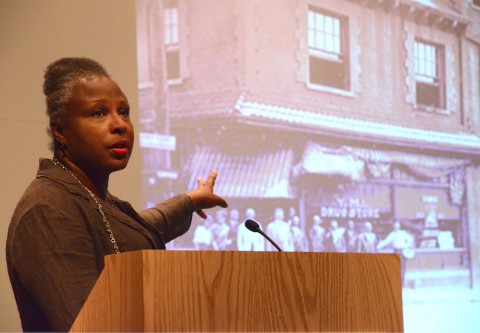The Block, an area that spans Eagle and South Market streets in downtown Asheville, was once home to a vibrant residential and commercial district for Black residents. But between the 1950s and 1980s, Asheville’s urban renewal policies that sought to address allegedly “blighted” areas of the city by removing homes and businesses to make way […]







